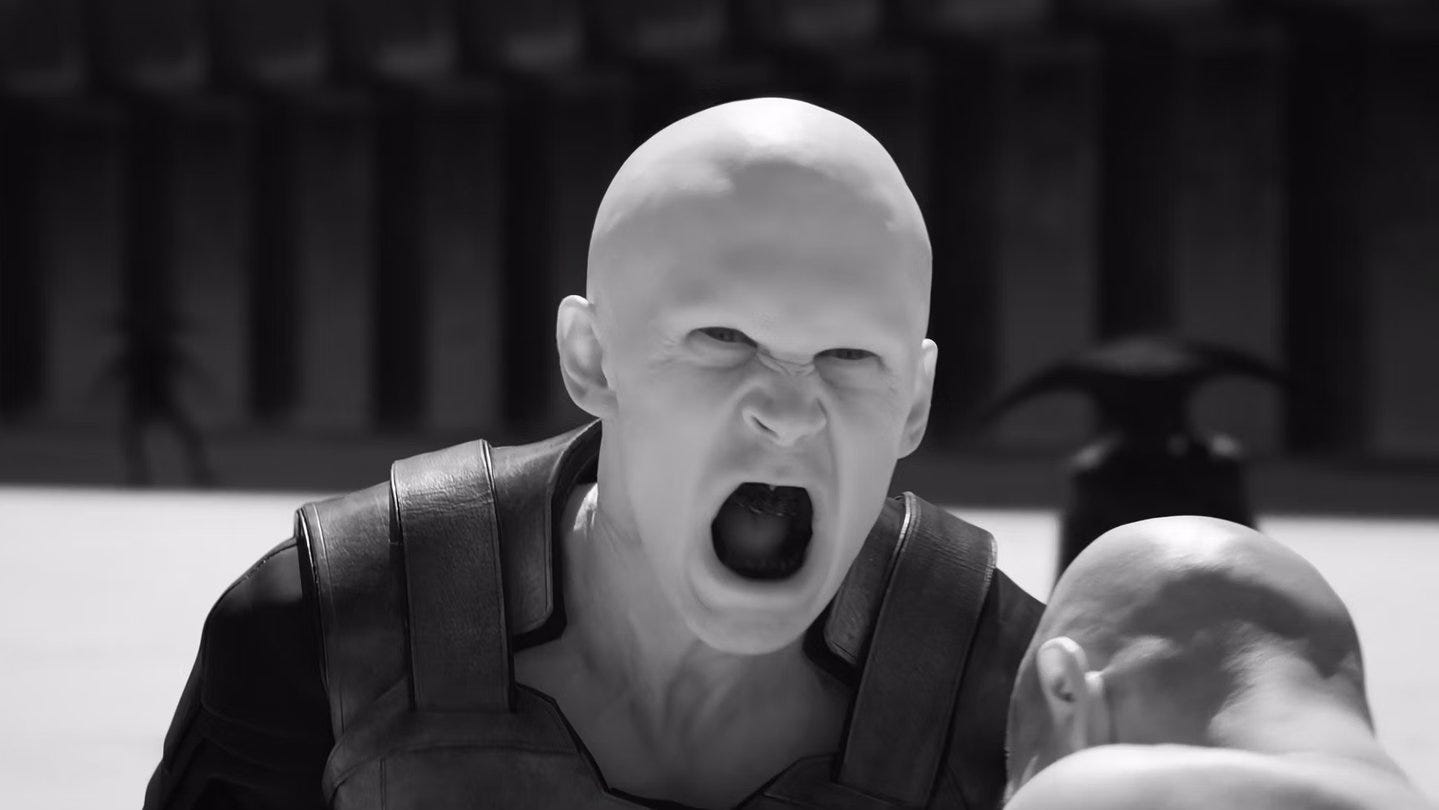'Dune: Part Two' Review: A Cinematic Achievement
Denis Villeneuve takes the ideas of the first film and elevates it to a whole other level of greatness.
The epic movie is a genre that captivates audiences with its enormous scope and threatening stakes. We have Star Wars, Titanic, Lawrence of Arabia, Avatar, and many more. It seems another film has solidified its place on the iconic epic movie list, as Denis Villeneuve's Dune: Part Two is a gripping journey with gorgeously calculated action, a score so enchantingly haunted, and a tour de force cast that delivers the potency needed in this grand story.
I have seen some people call Dune: Part Two the Empire Strikes Back of our time, and at first, I thought exaggeration was already kicking in for this film. Yet, the more I pondered it, the more I realized it was true. 2021's Dune is similar to A New Hope; it is an excellent setup for the setting, characters, and mechanics within which they operate. Then, Dune: Part Two explodes into something bigger, just like Empire Strikes Back, by inserting themes of faith and politics more profoundly than before. It is the evolution of Paul Atreides while everyone around him tries to boost him up or tear him down.
Marveling at the screen and wondering how Villeneuve and his team brought this story to life is a thought expected in the minds of everyone who watches this film because it is so breathtaking. The visuals immerse the audience into the world of Arrakis with its impeccable score and sound design. For two hours and forty-five minutes, you are taken on this journey full of war, which is where the sole problem of Dune: Part Two lies. The script, while well-written, is incredibly uneven with its pacing. The story distribution gets lost in the sauce, focusing on its characters rather than keeping the film progressing naturally. For instance, there is a long period where the sole focus is on House Harkonnen, which is crucial. Yet, the lack of balance created by not showcasing our two leads, Timothée Chalamet and Zendaya, makes the film feel slightly longer than intended.
However, critiquing the Harkonnen-centric portion of the film feels a bit unfavorable, as the leadup to and actual Feyd-Rautha's gladiator-esque sequence is probably one of the best moments in Dune: Part Two. Even if you can slightly hear some of his Elvis twang in various moments, Austin Butler is electrifying as Feyd-Rautha Harkonnen, supplying a performance that is so sinisterly addicting. Rebecca Ferguson is just as incredible, delivering a journey with the depth and strength no ordinary actor can handle, proving that Ferguson will always be the perfect choice for this role. Timothée Chalamet and Zendaya lead quite well, particularly Zendaya, who stands out and shows that she needs to lead her own movie where she is not just the love interest. Oh, and if you think Dune is just a gloomy science fiction flick, Javier Bardem abolishes that idea by offering some light, comical tones in his excellent performance.
Dune: Part Two brings out the best visual elements of epic science fiction in a film with so much vigor in its storytelling. Villeneuve shows why film on the big screen will be vital, forever and always, to society. That is a corny and ever-repeated idea since 2020, but there is so much of that truth layered within Dune. Taking a story this significant and breathing life into it with this level of creativity is astonishing to witness. Yes, it is a bit slow at times, and some story details could be clearer, but Dune: Part Two cemented this story and its cinematic achievements in a place that future filmmakers will be inspired by for years and years to come.






